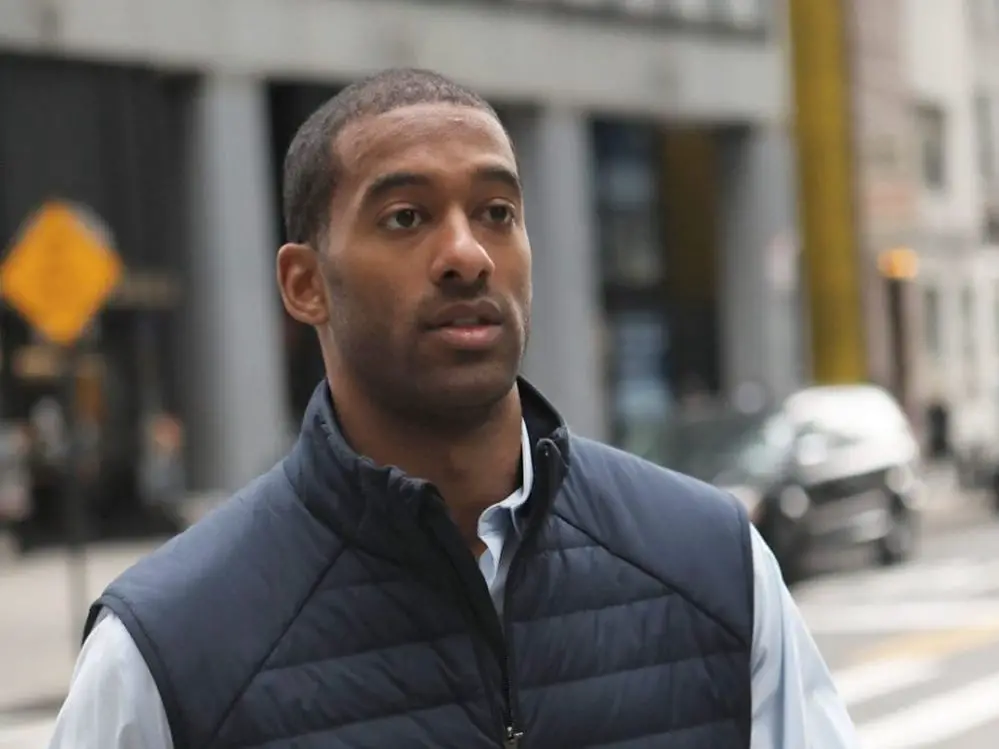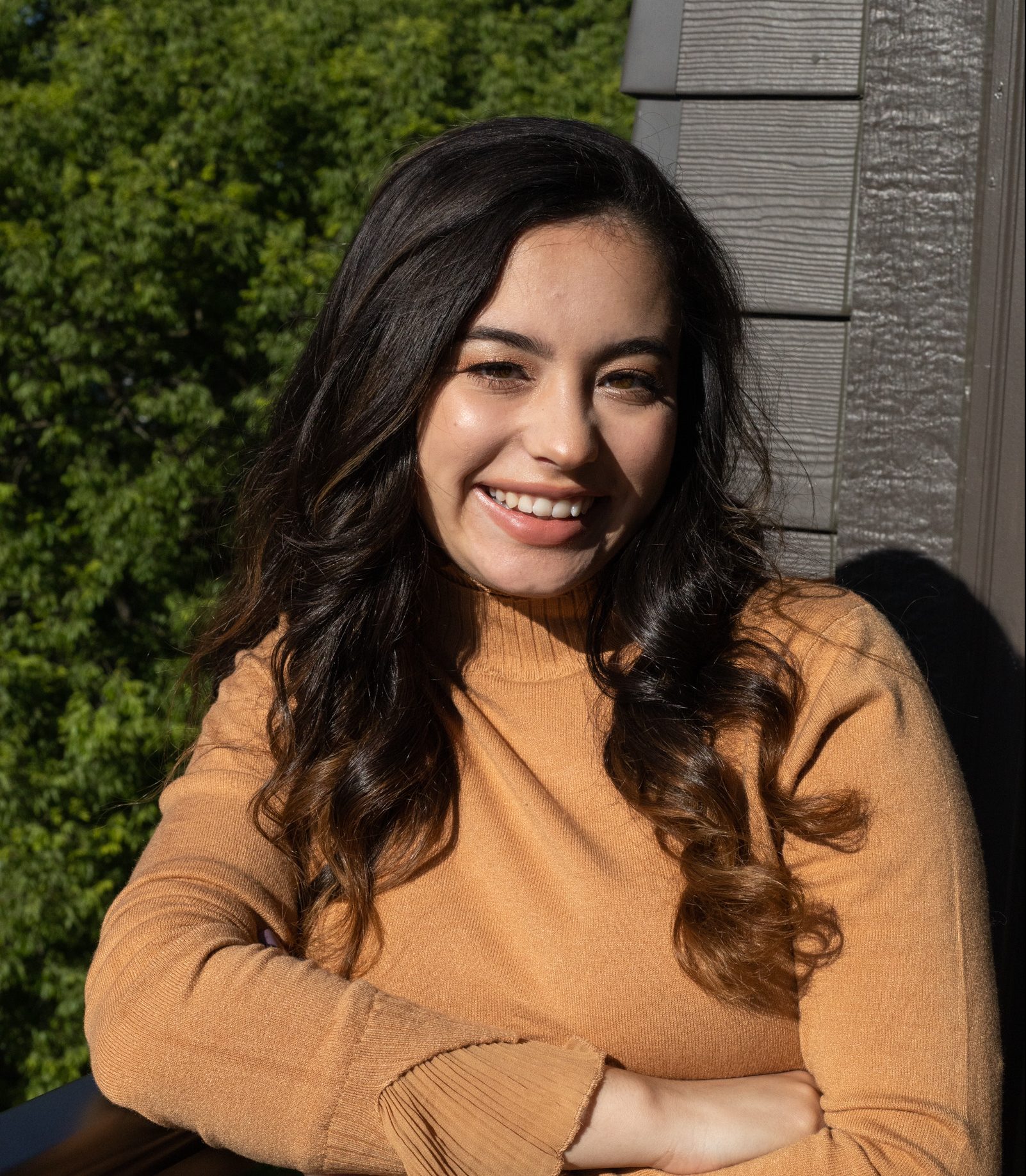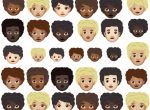Twenty-four seasons, and not a single man of color to star on “The Bachelor.”
A reality series in which one man dates over two dozen single women in an attempt to find lasting love, “The Bachelor” has been around for nearly two decades and has been watched religiously by its fans, Bachelor Nation, since the beginning.
The show is known to feature attractive, young people who fit society’s ideal beauty standards, most of whom are white. Lacking sufficient racial representation, the franchise has been frequently criticized by viewers, and was even taken to court for this in 2012.
Despite this, ABC has done little to disrupt the trend of mostly white cast members as they have waited until the growing awareness of the Black Lives Matter movement in 2020 to finally cast the first Black bachelor, Matt James, to date the contestants of Season 25.
But what does casting leads of color, or even more contestants of color, mean for “The Bachelor” franchise?
First, it means that ABC must broadcast and openly condone interracial dating, despite possible criticism from fans who find televised relationships outside of one’s race to be undesirable content. And it seems as though producers and directors have had a hard time with this throughout the seasons, even when casting their first “non-white” bachelor in 2014, Juan Pablo Galavis, who looked well, still pretty white.
This lousy attempt at cultivating more diversity within the show was shortly after a lawsuit in which two Black men auditioned for “The Bachelor” in 2012, didn’t make the cut and later sued the franchise for discrimination. Though the lawsuit was dismissed as ABC’s right to a majority white cast is protected by the First Amendment, the network began to receive backlash for their exclusivity and unwillingness to support interracial dating.
Casting an actual person of color to lead the show still didn’t seem to be an option for them until 2017 when producers chose Rachel Lindsay to be the first Black bachelorette. “The Bachelorette” is a spin-off of the original in which roles are reversed and a woman dates 25 single men. Despite this significant stride in propagating more diversity within the franchise, ratings declined and progress came to a screeching halt for five seasons of the program until the casting of James.
So, after years and years of white leads, they’ve finally decided to cast a bachelor of color. But why so late in the game? Why, despite our ever-growing and learning society, have the producers of “The Bachelor” decided to bury their heads in the sand and ignore the unrealistic lack of representation within their franchise?
This is likely because of ABC’s commitment to maintaining the show’s picture-perfect fantasy of monoracial, typically Christian relationships. Catering to its generally conservative-minded white audience, producers and directors of “The Bachelor” franchise rely on their viewers approval, and clearly Bachelor Nation was not satisfied with the casting of the first Black bachelorette.
But these conventions of beautiful white people dating each other and then falling into a blissful, perfect marriage isn’t always the case — and it’s certainly not representative of all of the nation.
Casting nonwhite leads and contestants disrupts this narrative, which consequently and sadly lowers ratings.
Throughout each season, especially when the show first began, it seemed as though producers cast the few token non-white contestants in a sad attempt to check the “racially inclusive box” while still catering to the standards of their audience.
Splinter’s “A history of black contestants on ‘The Bachelor’ and ‘The Bachelorette’” sums up the fates of the franchise’s Black contestants up until 2015, and states that over half of the contestants of color are sent home within the first few rose ceremonies — the event in which the lead decides who will stay on the show and who will be sent home. Because of this, it seems as though ABC’s trend of casting four, sometimes five, nonwhite contestants is an act of tokenism, and an obligatory attempt at diversity.
As the seasons progressed, the number of nonwhite contestants have increased by a smidge, but as first Black bachelorette Rachel Lindsey says, “It is a naive expectation to believe that leads will authentically start an interracial relationship for the first time on national television.”
That being said, ABC must be willing to interrupt their picturesque white narrative. To truly stand in solidarity with the Black community and support individuals of all races and cultures, directors and producers must cast leads who are not simply open to interracial dating, but excited about the possibility of finding love from someone whose skin is a different color from their own.
While the casting of James is a great start, it has frankly happened far too late. Having a show that has existed since 2002 and just now deciding to include a man of color to be its lead is not “progressive” and does not deserve a pat on the back — the U.S. no longer finds value in a reality show that is exclusively white.
The fact is that, in 2020, interracial dating should no longer be taboo, but rather celebrated and revered. An unwillingness to portray love between individuals of two different races is an antiquated ideal, and the franchise creators must commit to abolishing the overwhelming, unrealistic whiteness within the show. In a reality series that centers around someone who is searching for love, the show should look more like the possibilities one may find in the real world.
Will ABC, despite a possible dip in ratings caused by dissatisfied audience members, continue to do what is necessary to uphold a narrative of diversity and accurate racial representation? Or will directors and producers continue to whitewash their cast and ignore the possibility of interracial love on “The Bachelor”?

















